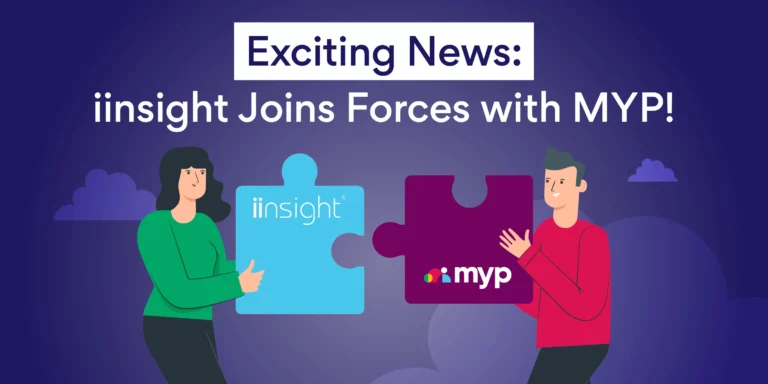Practice Management Software Determines Success, Really
Allied health care has become more popular than ever. With more patients comes more paperwork, and many clinics are stuck in their old ways. Many are still entering data multiple times onto an old computer that has seen better days. Many spend more time on paperwork than actual patient care because of it, and they certainly don’t have the time to take on any new patients. The right practice management software Australia cuts down on administrative time. It allows for growth. Here’s how you can find out which software suits your practice the most as well as some benefits that will come once you’ve made the switch.
1: The Right Software Adjusts How Your Hours are Used
Your clinic management software UK should first and foremost be cutting down your time and effort spent on paperwork. Administration should not overshadow everything else that a practice does. With the right software, clinics find themselves spending more time on practical treatment and patient tracking than they do on the checks and balances. What was previously paperwork makes room for longer sessions with patients as well as new patients altogether.
If you’ve adopted new allied health online appointment software United Kingdom and still find yourself as busy as ever with paperwork, it hasn’t fully done the job. Software like iinsight centralises many administrative tasks, which eliminates the need for repetitive data entry even as the practice takes on new patients.

2: Case Management Software Can Improve Morale
Right now, too many allied health professionals arrive at their practices every morning already exhausted and disillusioned. They see the day ahead as mostly consisting of dreary paperwork and compliance checks, with practical treatment being comparatively rare. That’s not why any allied health professional pursues the career in the first place. They might have their expectations adjusted during training and education to be ready for the paperwork, but that hardly makes it less demotivating.
With the right patient case management software USA, you’ll see your staff or co-workers much more eager for the day ahead, expecting it to include a significant amount of fulfilling, helpful work. If yours is a practice that thrives off repeated appointments and steady progress, such as psychology or physiotherapy, then you’ll want software that automates as much of the paperwork as possible. That way, you’ll always have time and energy for those sessions.
3: Management Software Works Together with Compliance Laws
For many professionals, it can feel like compliance laws are actively hindering good health care. They’re vital in protecting patient well-being and privacy as well as protecting practitioners legally in the face of uncertainty; that being said, they also require tons of accountability in the form of more administrative work. In demonstrating that you operate legitimately, you might feel like you have little time to operate at all.
With a reliable case management software in Canada like iinsight, all your patient data is stored securely in a cloud, which cannot be hacked, stolen, or lost due to damaged equipment. It’s also constantly backed up to prevent corruption. If you work with personal injury cases often, you’ll definitely benefit from software which has legal compliance baked right into it already.

4: Good Software Does Not Make Waves
No clinic wants to be set massively behind while staff struggle to learn an entirely new health care scheduling software in Canada. A backlog of appointments and paperwork can take months to sort out; worse still, it comes at the expense of the patients. It also often leads to practitioner burnout, which further hinders good care.
Regardless of what sort of care you provide, you’ll want software that’s fully scalable and which comes with training and onboarding included to not be disruptive.
5: The Perfect Software is Adaptable
Perhaps you’re one of the many practices that does want to improve operations but can’t simply switch over to a new system. After all, you have programs like Xero and LanternPay, which are actually effective and reliable. Good management software will integrate with these without any issues, allowing you to optimise the rest without losing what’s already good.












